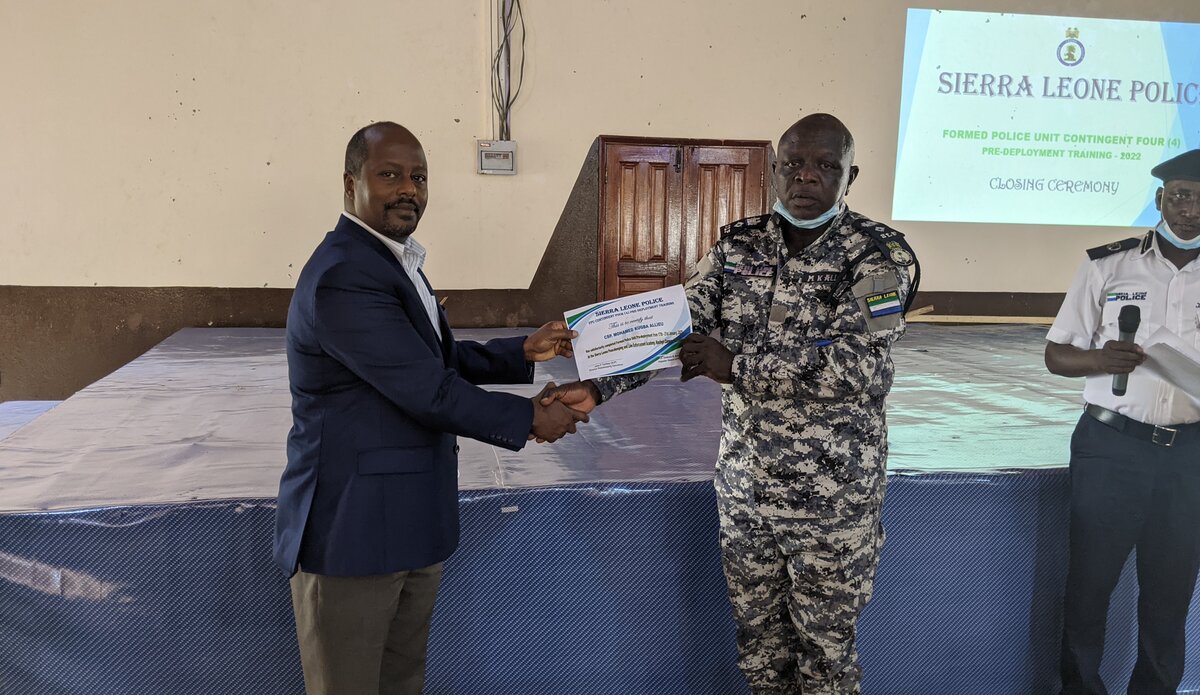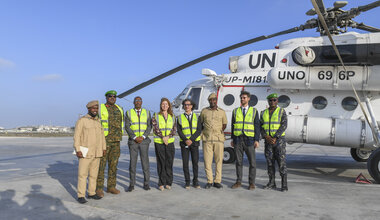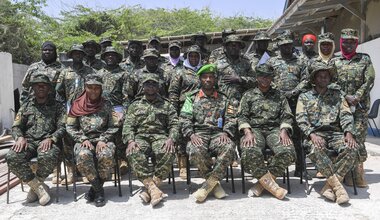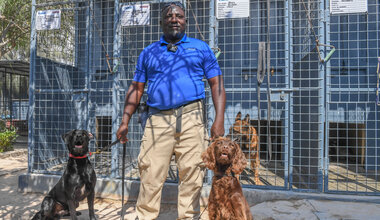AMISOM Senior International Humanitarian Law and Human Rights Advisor, Dr. Omar Abdulle Alasow, speaks on AMISOM’s obligation to the UN Secretary General’s Human Rights Due Diligence Policy (HRDDP)
What is the role of the Troop Contributing Countries (TCC’s) and Police Contributing PCC’s when it comes to International Humanitarian Law (IHL) in Somalia?
Dr. Omar Abdulle Alasow: The TCC’s and PCC’s have an obligation to respect and ensure respect for International Humanitarian Law (IHL) governing the conduct of hostilities in Somalia. They have a duty to provide instruction on IHL to their forces under IHL. It is therefore important that the TCC’s and PCC’s forces are trained in IHL before being deployed to Somalia.
The TCC’s and PCC’s obligation to ensuring respect for IHL extends to ensuring respect by Somali Security Forces (SSF) engaged in joint operations with or supported by AMISOM forces. This also entails an obligation on TCC’s and PCCs to investigate alleged violations of IHL by their forces in Somalia and to take action against the violators but also preventing or ending violations of IHL by SSF.
What are the obligations of TCC’s and PCC’s when it come to the UN Secretary General’s Human Rights Due Diligence Policy (HRDDP) and how is this linked to logistical support provided by UNSOS?
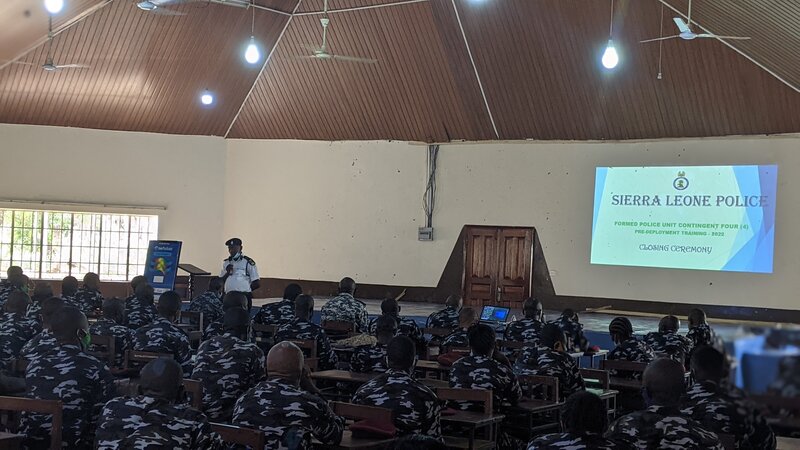
DDr. Omar Abdulle Alasow: The UN Secretary-General instituted the Human Rights Due Diligence Policy (HRDDP) on UN Support to non-UN Security Forces in 2011. The Policy applies to the work of the UN wherever it provides support to non-UN Security forces. It is based on existing international humanitarian, human rights and refugee law obligations and intended to ensuring compliance with such obligations
It is of paramount important that AMISOM’s TCC’s and PCC’s integrate IHL and human rights in the planning of deployment of their forces to Somalia and provide them with adequate pre-deployment training in the application of IHL rules and human rights before being deployed. Military and police personnel designated for deployment should have clean records of human rights. The TCC’s and PCC’s are also required to provide relevant information of their forces to the UN for risk assessment purposes under the Policy.
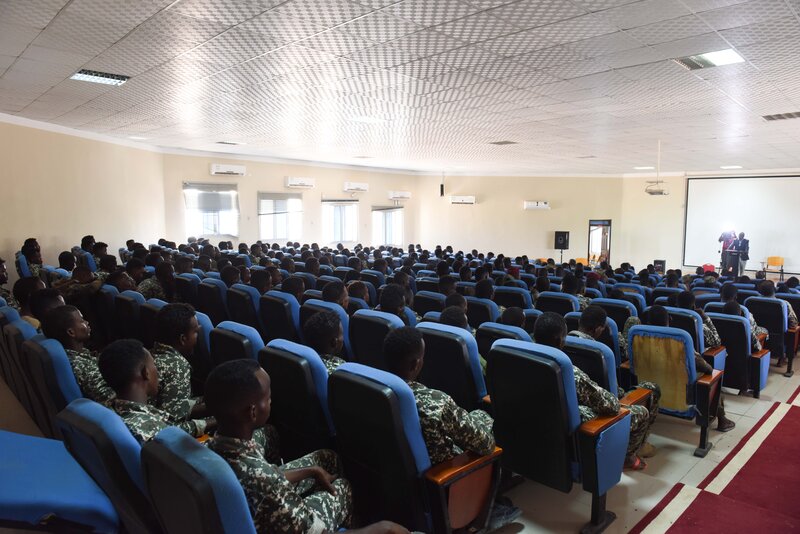
The HRDDP applies to UNSOS as a UN entity providing logistical support to AMISOM and SSF. UNSOS is therefore required to implement the policy by, inter alia, conducting risk assessment, putting in place mitigating measures, monitoring and intervention when grave violations of IHL, human rights and refugee law are committed. It is obliged to conduct an assessment of the risks involved in providing logistical support, in particular the risks of AMISOM and SSF committing grave violations of IHL, human rights and refugee law.
The Policy requires UNSOS to put in place measures to actively and closely monitor the conduct of AMISOM and SSF. If information of grave violations of the law being committed is received, UNSOS must immediately intercede with and advise AMISOM and SSF leadership with a view to ending such violations. In the case where, despite intervention, such violations continue to occur and the authorities fail to take corrective mitigatory measures, UNSOS can suspend or withdraw its support from recipient units.
 UN
UN
